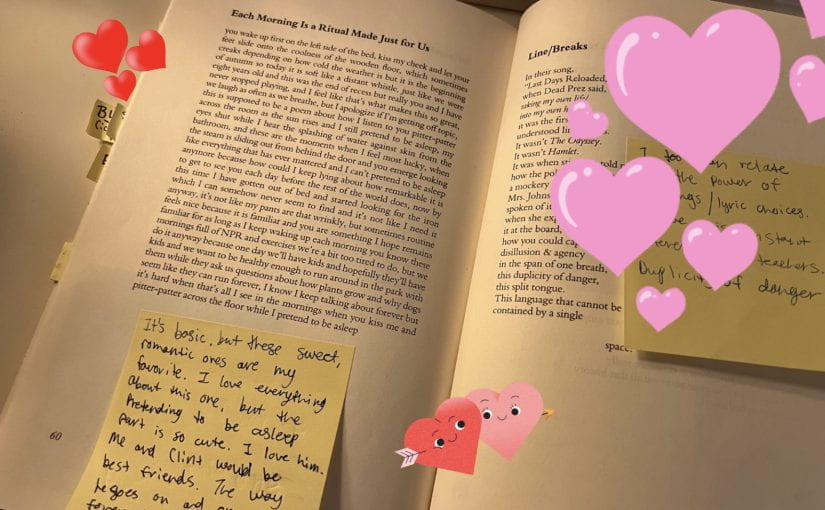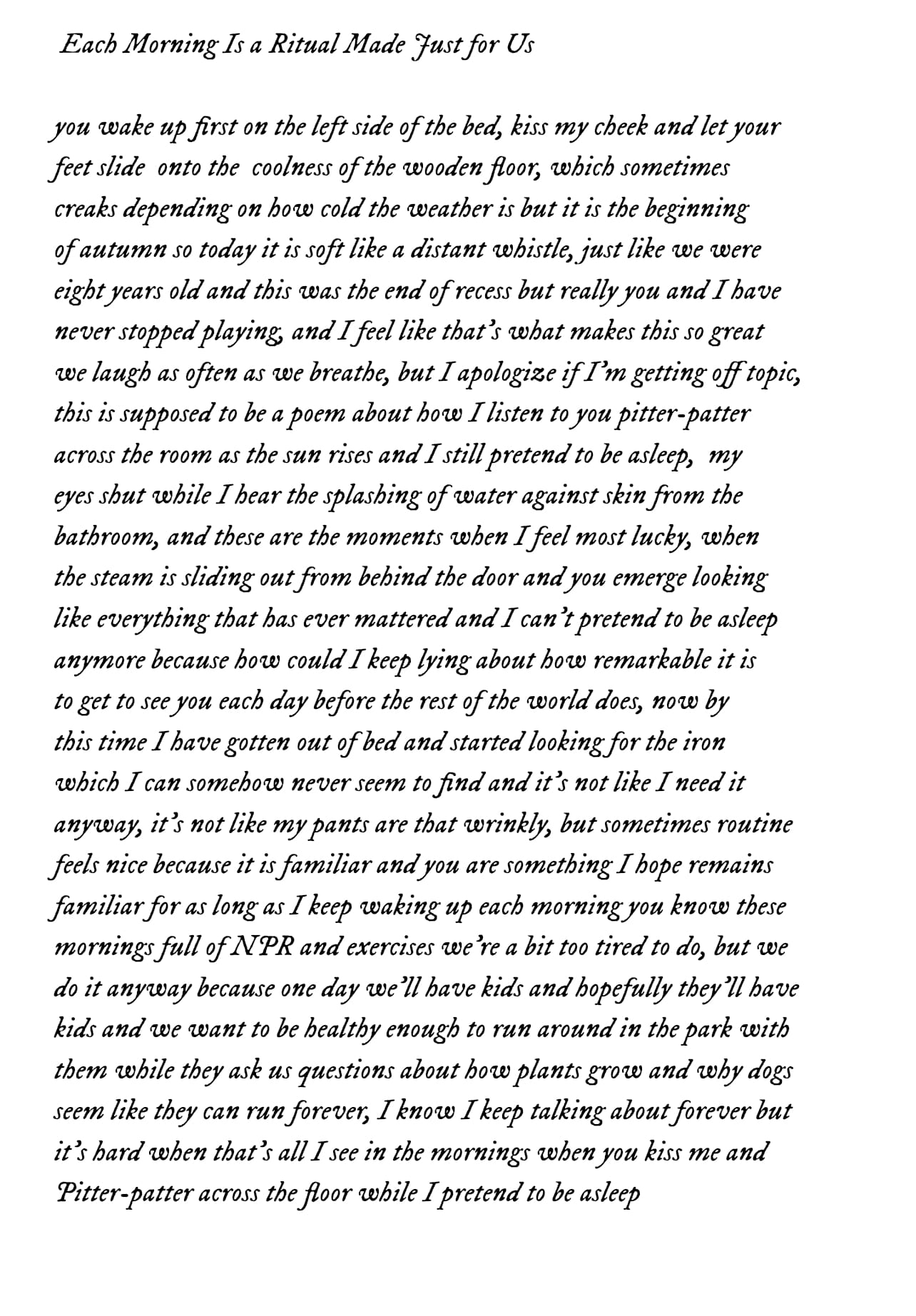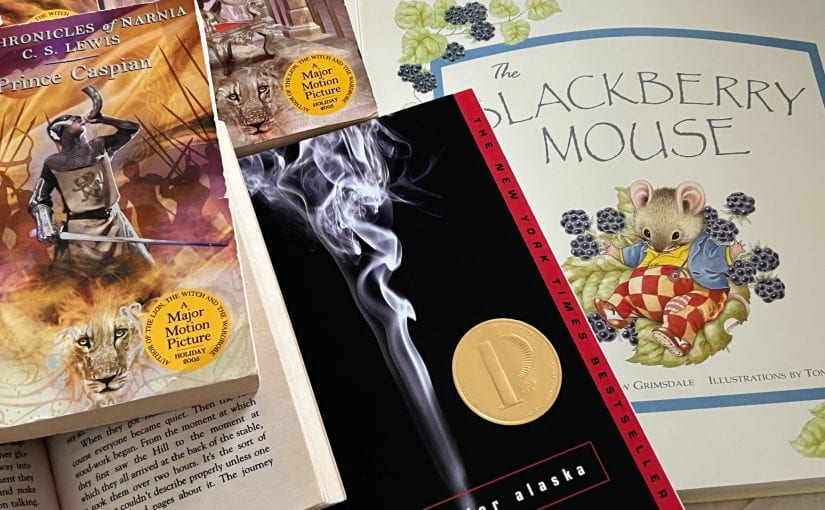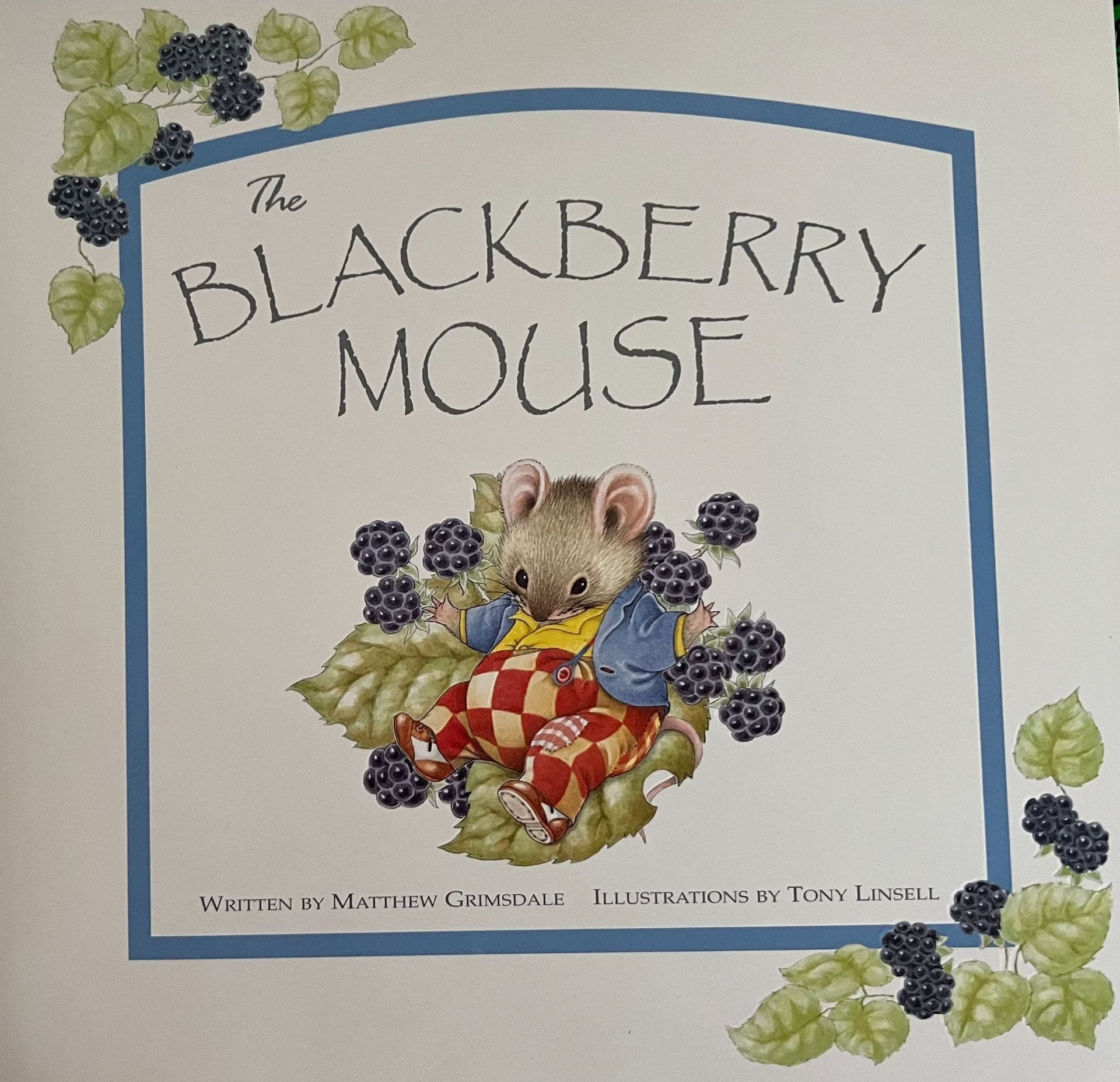Here we go again.
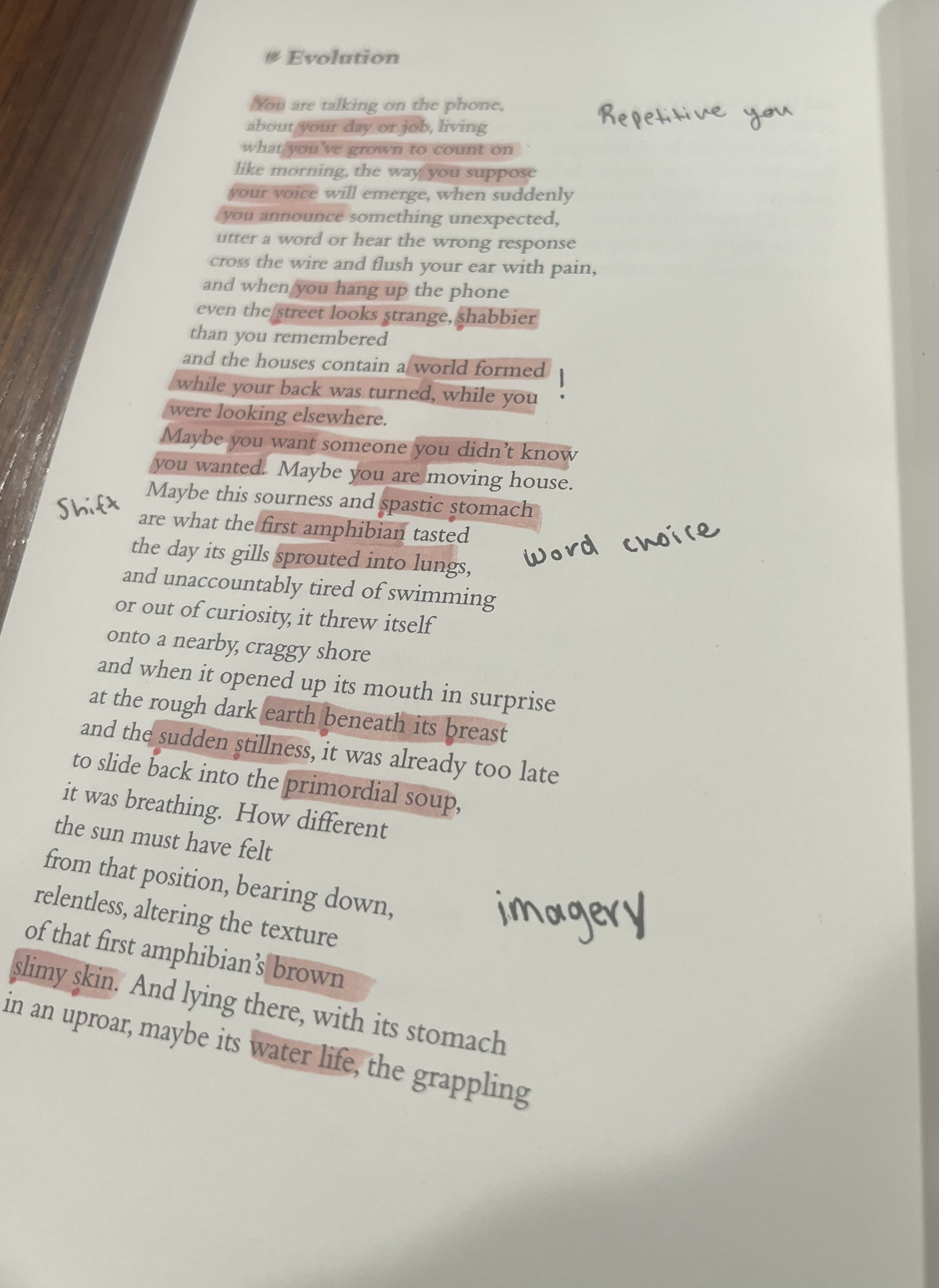
In “Evolution” by Lisa Sewell, Lisa starts out by giving the reader a direct address. With the first line a scene is already laid out for the reader. She starts by stating,“You are talking on the telephone.”

With the repetitive use of “you” in the first stanza, Lisa introduces the rest of this character’s daily possibilities. They are either annoyed at their day or their job, while they are talking to the person on the other end of the phone. Then Lisa throws in her first little piece of complexity. The poem’s character has taken for granted the small things life gives them, like waking up in the morning, “when suddenly” they utter a single world that changes their entire life. However, while looking at all the changes the character realizes something: the houses that surround them contain “a world formed while [their] back was turned.”
The first and final shift of this poem is the introduction of the “spastic stomach” suffered by the first amphibian that sprouted gills to breathe for the first time. With this shift, Lisa introduces the idea of actual evolution to her poem. She details the experience for the amphibian through imagery and her thoughts on what he might have felt. And she ends by stating that his life before could now be characterized to him as “a kind of drowning.”
I am forever amazed and confused at Lisa’s work. I will say it every time I write about her… she is incredibly frustrating. The entire time I am reading her work she always has me wondering, “Am I getting this right?” However, I think I got pretty close to the mark this time. What was really hard this time was 1) finding a poem that I could somehow stick in and say was about evolution and 2) analyze that five page horror.
The horror as I mentioned before is truly not a horror, but rather very long and quite repetitive at times. BUT that is the most I will complain about this poem because (as you can tell by the title of this blog) my best friend forever Mr. Walt Whitman wrote it. In “As a Strong Bird on Pinions Free”, Walty starts off the way most of his poems do: in praise of America! Originally published in 1872, the poem’s first nine-ish stanzas are truly just his endless love for the country and his devotion to all its beautiful land and people, which is very important, but for the sake of this blog (and set word count:| ) I will get straight to the goods. With my favorite shift word, “YET”, Walt introduces the first little pieces of what I will call his idea of evolution. He states that “the Old World brain” will “haply” unfold to bring forth the ripening of the New World. The New World for Walt is also a “spiritual world” full of “poems, CHURCHES”, and other things. So, as one might guess, the description of evolution in this poem is very much the growth of the country, the birth of new people, and the growth of knowledge. Walt ends his poem by saying that “The Soul” is destined for more, so much more that only the “Future” can hold it because the “Present” is not vast enough for such growth.
While these two poems are very different, I think they complement each other beautifully. Both show gorgeous thought and continual complexity and that is what truly makes a poem worth reading and deciphering.









